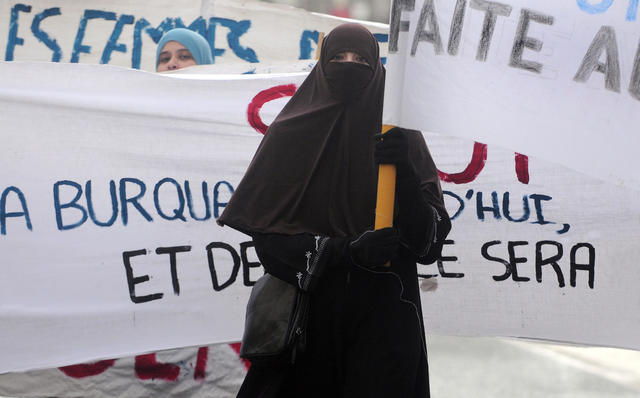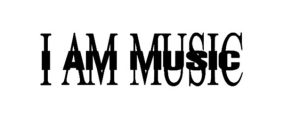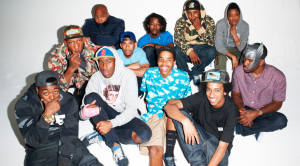Hands off my Hijab
April 22, 2021
On March 30, the French Senate voted in favor of amendments to the separatism bill, most notably the prohibition of any “conspicuous religious sign by minors and of any dress or clothing which would signify an interiorization of women over men” (Vogue). While the bill never explicitly targets Muslims, it essentially bans any female Muslim 18 or younger from wearing a hijab. The term “conspicuous religious” clothing that signifies male superiority is a very obvious pointed finger at Muslim culture, where many women wear the hijab to cover their hair. Other forms of coverings include the niqab, burka, and chador which are less common in the western world but presumably included in the ban. The country first banned the fully clothed bikini that many Muslims wear, then forced Muslims to sell pork and alcohol in their shops despite the fact that selling these items is against the Islamic religion. In June, France will also be banning the selling of halal poultry (Muslims do not taze food when they kill it). “Another aspect of the ban critics have pointed to is that often French law doesn’t impact women of other faiths who also cover their hair but instead focuses on “liberating” only Muslim women” TRTWorld.com mentions, pointing out the hypocrisy in “liberating” Muslim women by controlling what they wear.
Amal Ayub, a sophomore at West Morris Mendham and practicing Muslim, commented on the situation happening in France. Despite the fact that she doesn’t wear the hijab, she says that in the Islamic religion, it isn’t oppressive to wear the hijab. “The Quran, our holy book,” she told me, “says to wear these things so that men don’t see our bodies. It is the belief that women shouldn’t display their bodies and only be able to show themselves, if they want to, to their husbands, family members, and other women.” She continues on to explain that “in a sense, it’s a way to stop the objectification of our bodies.” Ayub is scared for what the future holds because of this bill and its message. “I bet it will make many Muslim girls feel like their religion and way of living is inferior or just wrong,” she says, also scared that this event could lead to more bullying against Muslims, more hate crimes, or possibly even worse. Ayub finishes with an important message. “My mom has told me that to truly be a democratic society you need to give people the right to express themselves however they please. You can be whoever you want to, you can love/marry anyone you want, and, of course, you can be any religion and practice it freely. But they have taken this away from us”.There is no denying the importance of her statement.










